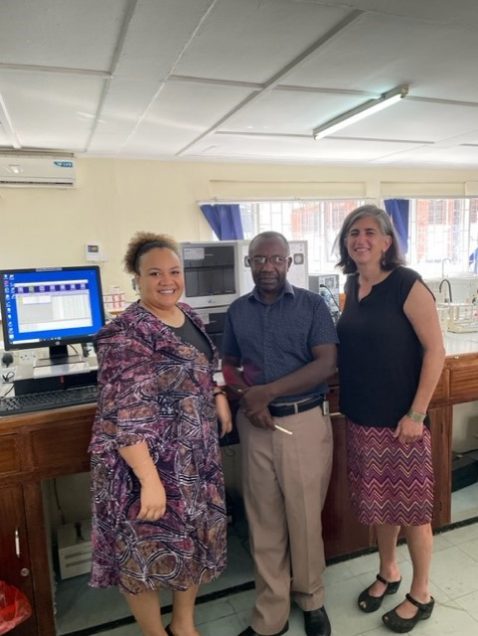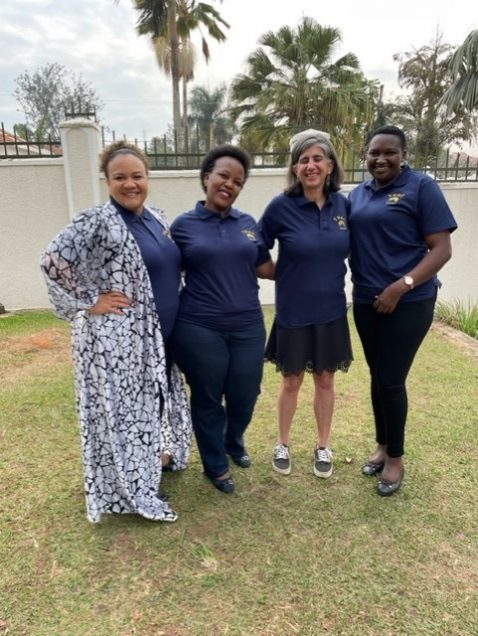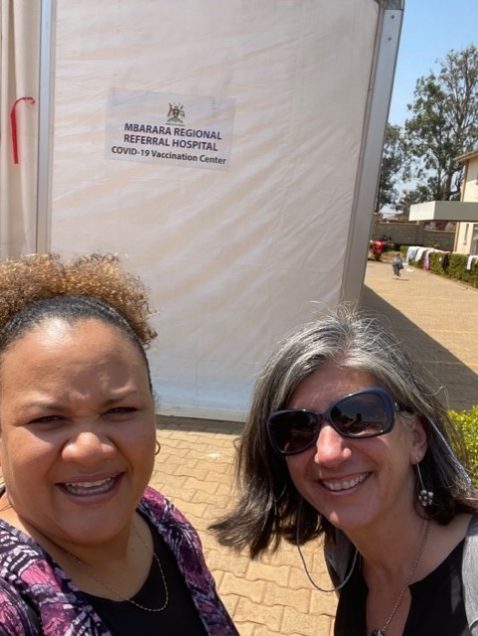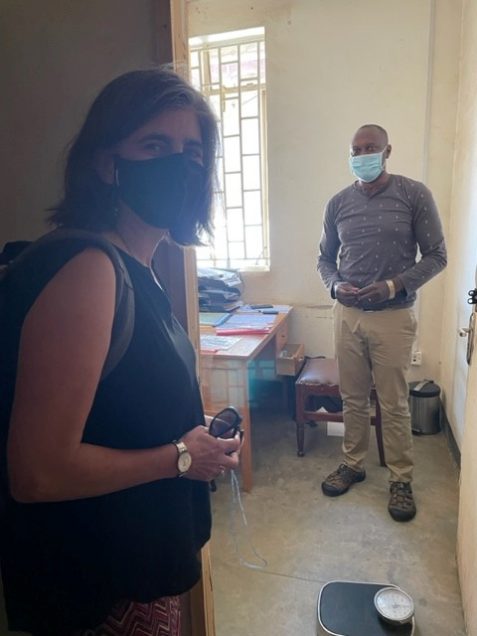International URBAN ARCH Center Updates
Administrative Core
The Admin Core has been hard at work as we moved into Year 2 of the International URBAN ARCH Center P01 grant. Since our last update, we have organized several events as a part of the Training & Mentoring Program. In September 2022, we held our quarterly Visiting Scholar Research-in-Progress webinar with Dr. Geetanjali Chander, who presented her work with the Alcohol Research Consortium in HIV (recording available here). In October, we hosted a trainee workshop featuring Dr. Karsten Lunze and the LINC-II study team, who reviewed the study’s follow-up data and helped early-stage investigators develop ideas for secondary analyses. So far in December, we have held another quarterly Visiting Scholar Research-in-Progress webinar with Dr. Robert Cook, who presented his team’s NIAAA-funded HIV/Alcohol P01 Center (recording available here), and a trainee workshop with the Boston ARCH/ARCHER team to facilitate a discussion of opportunities for secondary analyses with early-stage investigators. We have many more exciting events planned in 2023!
In addition to Training & Mentoring Program activities, we have worked to support the TALC study’s transition from Russia to Uganda. We have also started the planning process for the 2023 URBAN ARCH Annual Meeting, which will be held on May 23rd, 2023. We look forward to seeing many collaborators in Boston!
BDM Core
BDM Core members have been collaborating with the TALC study team to prepare for study launch. The Core also continues to support the TRAC study team to address design issues and monitor study conduct. The BDM is also working with several trainees on the development of abstract proposals. The team continues to collaborate on multiple statistical analyses and manuscripts in progress.
TRAC Project
The aims of the TB Risk by Alcohol Consumption (TRAC) study are to estimate the incidence rate of new TB infection among people with HIV (PWH) with prior negative tuberculin skin test (TST) results by level of alcohol use (Aim 1) and to determine the incidence of active TB disease among PWH with prior latent TB infection (LTBI), who received TB preventative therapy (TPT), by level of alcohol use (Aim 2).
As of December 2022, we have attempted phone contact of 335 prior study participants for Aim 1 screening. We reached 267 participants and invited all of them for screening. Of the 267 screened, we found 245 to be eligible and 6 people declined. Therefore, we have enrolled 245 participants into the study (71 in the no alcohol consumption group, 65 in the low/moderate alcohol use group, and 109 in the high-risk alcohol use group). All enrolled participants have completed baseline procedures including questionnaire, biological specimen collection for dried blood spot (DBS) preparation and storage for PEth testing, and urine collection for real time cotinine testing, and PPD placement. Of the 245 (136 females and 109 males) enrolled participants, 214 have TST negative results following placement and reading of TST within 72 hours and 32 have received a positive TST result; a 13% positivity rate. We have successfully completed 74 6-month follow up visits all done via phone calls.
Aim 2 procedures are in progress, with a goal of reviewing records from 13 HIV clinics from which we have previously recruited study participants. To date we have reviewed 481 patient records from two clinics in Mbarara. These are records of prior study participants who were TST positive and received INH as TB preventive therapy. Of the records reviewed, we found 9 participants who were diagnosed with active TB after receiving INH.
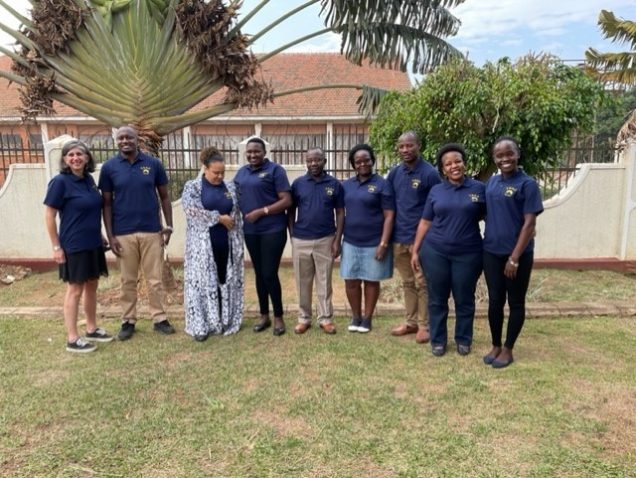
|
|
|
|
|
|
TALC Project
The TALC study has been continuing to make progress towards study launch in the spring. We recently submitted the MUST IRB application and will be submitting an amendment for the BUMC IRB in the coming weeks. For more details on the transition of this study from Russia to Uganda as well as the current progress, please read the main story here.
